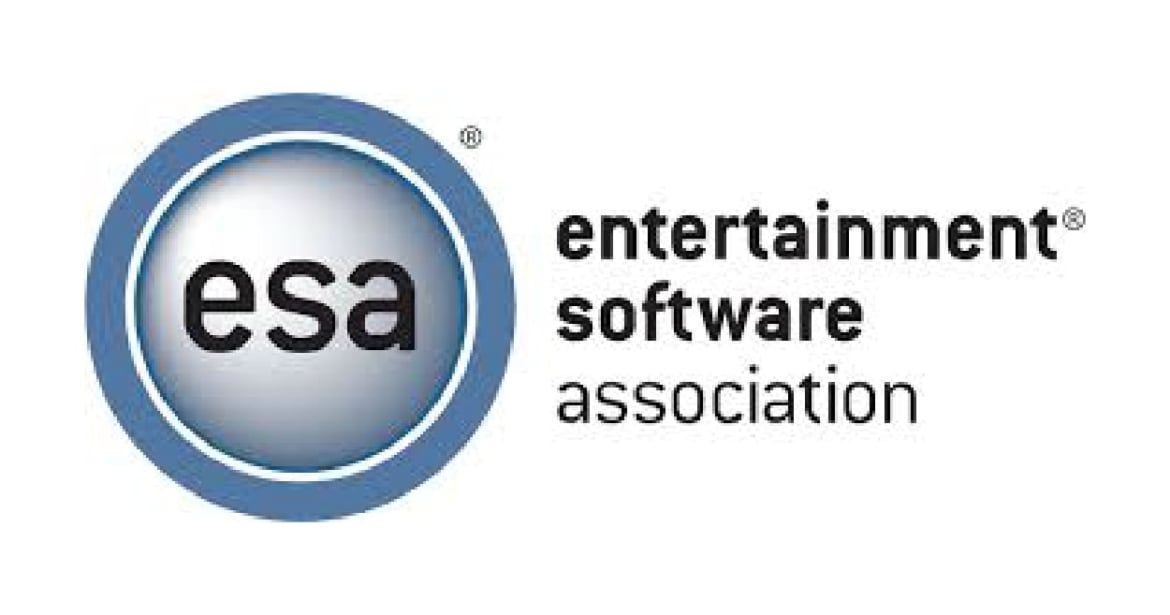Entertainment Software Association
Tech
Industry
40+
Total Membership
Trade Association
Organization Type
Washington, DC
Headquarters
The video game industry is one of the fastest-growing industries in the U.S. With that growth, the Entertainment Software Association (ESA) has been challenged to help members navigate a maze of laws and regulations and promote the industry’s positive impact on society. Recently, the association has found itself responding to – rather than driving – the narrative for the industry. McKinley Advisors helped ESA focus its investments and resources, created a roadmap to deliver compelling data and stories about the industry, and outlined an ongoing approach to tracking industry data.
Challenge
A pillar for many associations, advocacy also represents one of the more costly and difficult areas to realize impact. ESA set out to challenge this paradox looking for ways to direct the narrative that defines the video game industry for legislators, the public, the future workforce and other stakeholders. And while research has been an obvious tool for ESA to enhance its advocacy efforts, the association had struggled for several years to fully leverage it. Staff have found themselves asking fundamental questions like:
- What are realistic goals and outcomes for a research program?
- What tactics would help realize those goals?
- How should the research options be prioritized, recognizing that the ideal could be different from the feasible?
- What resources would be required and what would be the anticipated costs?
Solution
ESA staff and leaders sought a more proactive way to drive advocacy and stakeholder perceptions through data, statistics, and rich stories. In other words, the expectations of the research agenda were high. To ensure a full understanding of these expectations and ESA’s opportunities, McKinley interviewed select staff and conducted a gap analysis of the current research program against its desired state. The research revealed opportunities in four main areas:
Economic Impact: Consistent tracking of data that articulates the footprint of the industry helps ESA effectively and efficiently communicate its economic impact.
Social/Psychological Impact: Research related to the positive social or psychological impact of video game technology contributes to compelling messaging/storytelling efforts.
Future of the Industry: Research related to the expansion and growth of the industry that drives innovation and delivers an accurate message to external stakeholders about impact.
Consumer Information: Understanding the identities of the user is important for both advocacy and storytelling efforts.
The final research agenda revealed gaps and highlighted detailed recommendations, tactics and resource requirements for staff and leaders. The options linked directly back to the four priorities, promoting tighter cross-organizational alignment. And rather than apply narrow filters to the roadmap, McKinley presented a breadth of options ranging in perceived impact, required investment, and alignment with goals. These filters included industry impact mapping, the workforce, and the application of video games in critical settings such as healthcare and education. The research agenda reflected initiatives that would incorporate new and exciting research approaches, modernize the ESA research operations, and yield a significant return on investment.
Outcome
ESA received an outline of potential investments around the four most impactful areas of consumer information, economic impact, social/psychological impact, and the future of the industry. With this menu of options, staff gained an understanding of what was possible while having details that could help them make informed decisions during a period of heightened financial scrutiny and preservation of limited resources.
In the four months since McKinley delivered the final draft of the research agenda, ESA staff and leaders:
- Started their annual economic impact report with more preparedness and a new strategy
- Outlined goals and next steps for 2021
- Collaborated with their government and public affairs teams to support their efforts with research








